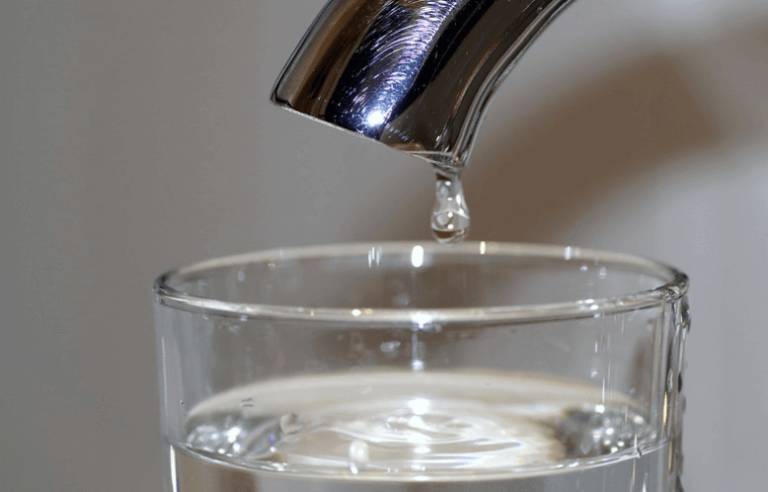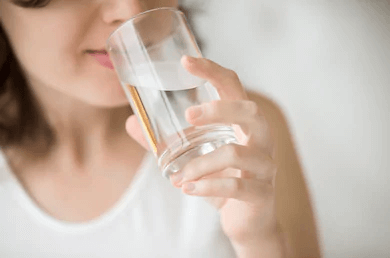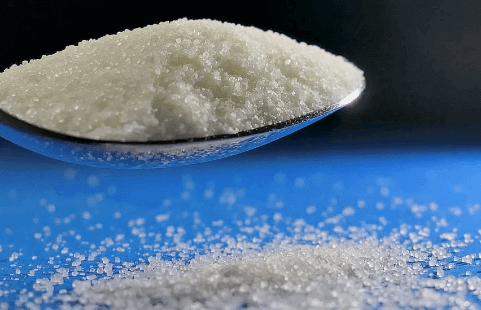
Hi, this is Sirazul Islam, working in a government research organization. I’ve been an instrument specialist for over 5 years. I love to write reviews and tell people about the best products that are out there.
I use my expertise and impartial eye to find the best water softener, kitchenware, cookware, and more. Learn more at this link:




What part of the system should we place our sediment filter? Should we filter the water going into the softener or coming out of the softener?